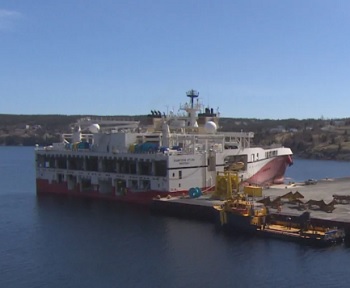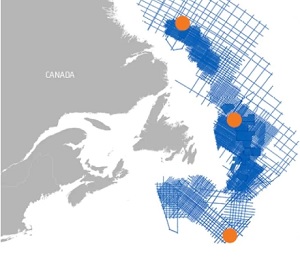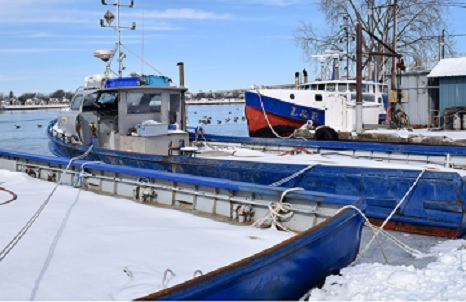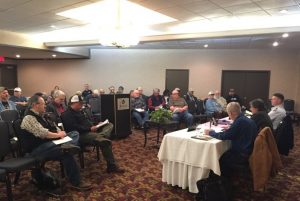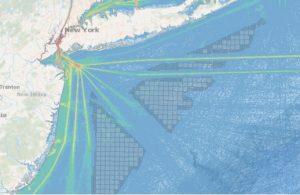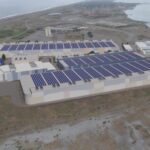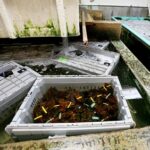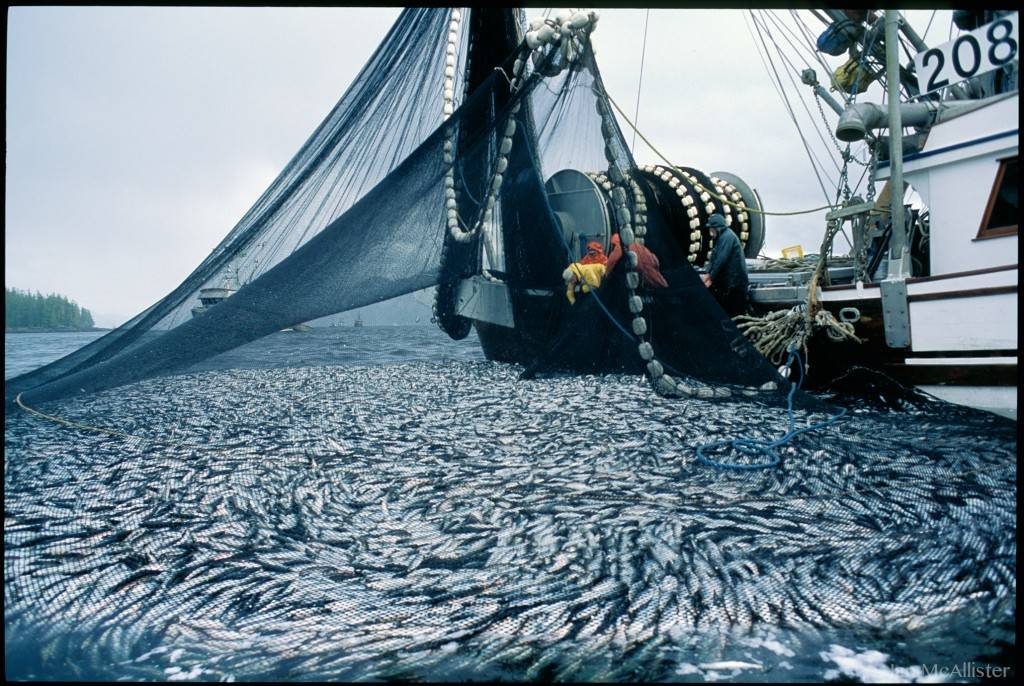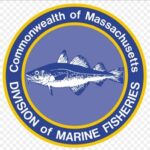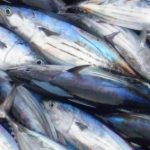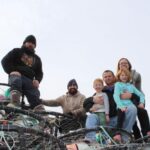Daily Archives: July 6, 2020
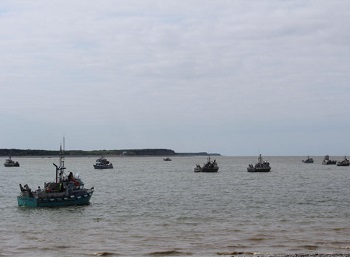
Bristol Bay Fisheries Report: July 5, 2020
The total harvest for the bay is around 1.2 million, as of yesterday. Taking a look across the bay, the total run is at around 8.5 million. The numbers seem to be picking up on the eastside again. The Nushagak district’s daily harvest was 165,000 yesterday, bringing the season’s harvest to 2.6 million. That was harvested 4% by Igushik set-netters, 26% from Nushagak set netters, and 70% from drifters. In the full Nushagak district, daily escapement was 36,800 yesterday. That makes the total escapement across the Nushagak district 1,056,000 Breaking that down by river system… audio, >click to read/listen< 14:57
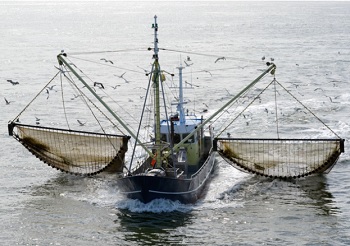
The Fisheries Bill has passed the House of Lords.
The legislation, which creates the powers for the UK to operate as an independent coastal state and manage its fish stocks sustainably outside the EU, has been introduced to the House of Commons for its First Reading.The Bill ends current automatic rights for EU vessels to fish in British waters. If access to UK waters for foreign vessels is negotiated, the Bill will also enable the Fisheries Administrations to ensure that foreign vessels follow the same rules as UK vessels. >click to read< 12:50
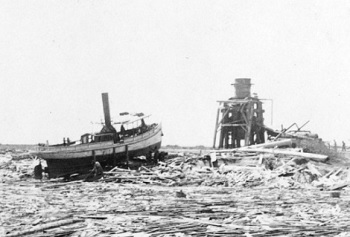
The USCG’s First Superstorm: The Great Galveston Hurricane
In early September of 1900, a hurricane of massive force struck the Gulf Coast west of Galveston, Texas. The Great Galveston Hurricane would prove far deadlier than any man-made, environmental or weather-related disaster in U.S. history, with approximately 8,000 killed in Galveston and roughly 2,000 more lost in other parts of the Gulf Coast. This death toll is greater than the combined casualty figure for the 1941 Pearl Harbor attack, Hurricane Katrina, the 9/11 terrorist attacks as well as Hurricane Ike, which struck Galveston in 2008. >click to read< 09:15
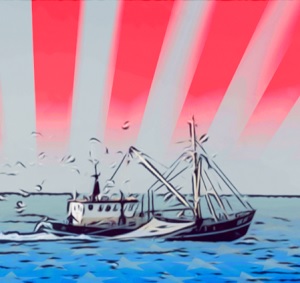
America Needs To Stop Relying On Countries Like China For Seafood Markets
When Americans visit a supermarket and wander past the meat counter, they see this century’s equivalent of the fishmonger’s stall: the seafood department. Laden over crushed ice in glass cases sits an array of fish products — whole snapper or shrimp, maybe, but almost always pre-sliced filets in a bevy of hues. Oysters and clams complete the display. In the rare cases where stores divulge the provenance of seafood, placards will often list Thailand, China or South American countries. Less frequently, however, will one see U.S-raised or caught seafood in such displays. This is disappointing to the patriot who wishes to ‘buy American.’ >clickto read< 07:00






